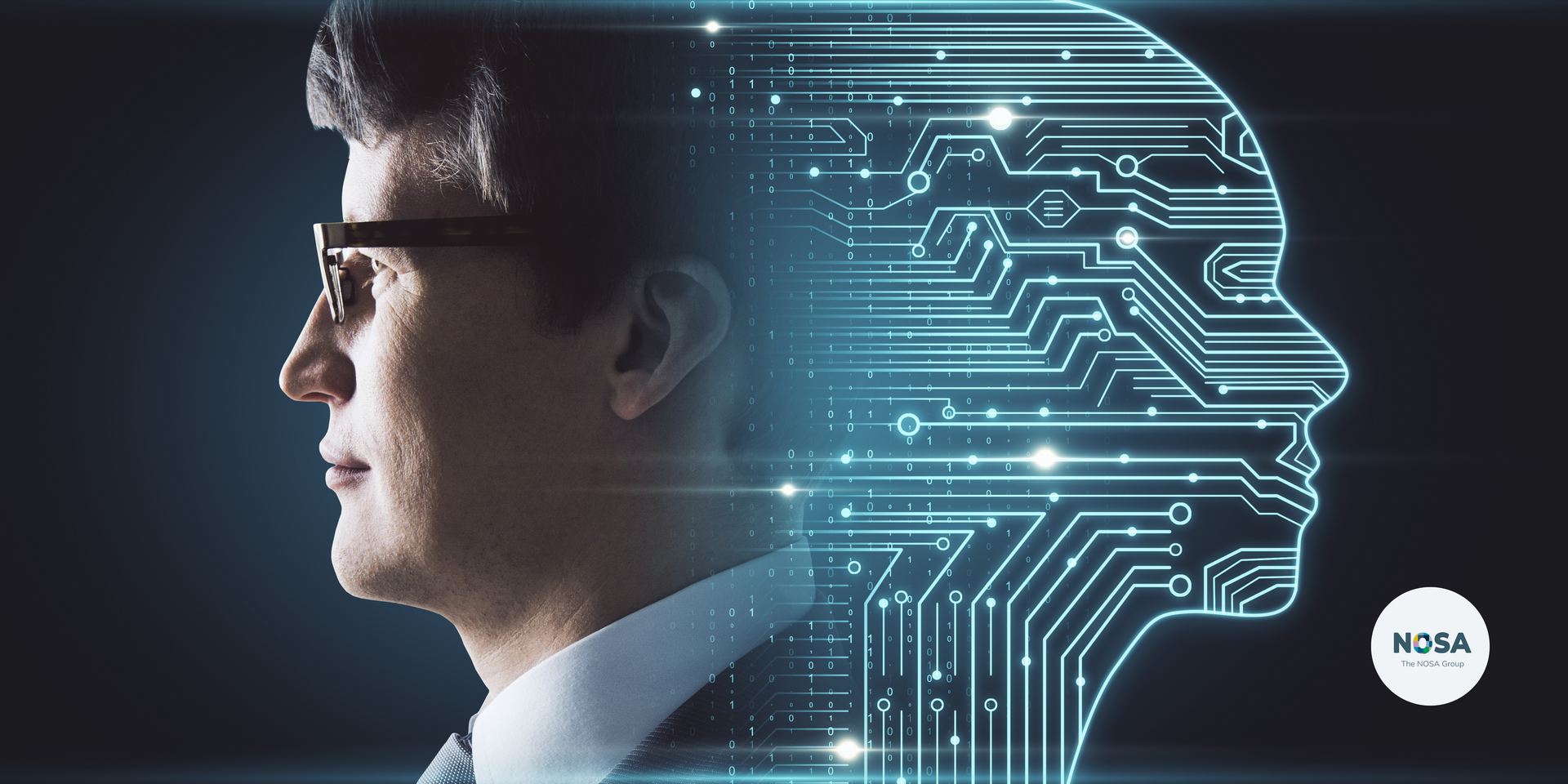Artificial Intelligence Replacing the Traditional Recruiter Role
Introduction
The Evolving Landscape of Recruitment
The job market has witnessed significant changes in recent years, driven by factors such as globalization, technological advancements, and changing candidate expectations.
These changes have presented challenges for traditional recruiters, who struggle to keep up with the rapid pace of recruitment demands.
With the increasing need for innovation, efficiency, and cost-effectiveness, the traditional recruitment model is being disrupted, paving the way for AI-driven solutions.
The Rise of Artificial Intelligence in Recruitment
Artificial intelligence has emerged as a game-changer in the recruitment industry, transforming how organizations attract, assess, and hire talent.
AI technologies, such as machine learning algorithms, natural language processing, and chatbots, are being employed to automate and improve various stages of the recruitment process.
These technologies enable recruiters to focus on strategic decision-making rather than tedious administrative tasks.
Streamlining Candidate Sourcing and Screening
AI algorithms possess the capability to efficiently source and screen candidates. Gone are the days of spending hours manually reviewing resumes and applications.
AI-powered resume screening systems can analyze large volumes of resumes in seconds, identifying the most qualified candidates based on predetermined criteria and keywords.
This not only saves time but also ensures fairness and consistency in the initial screening process.
Enhancing Candidate Experience
In addition to resume screening, AI is enhancing the candidate experience during the recruitment process.
AI-powered chatbots and virtual assistants provide candidates with convenient communication channels, answering frequently asked questions and providing real-time updates on application status.
Moreover, scheduling interviews becomes seamless with AI-powered platforms that integrate with candidates' calendars, reducing back-and-forth communication and improving overall candidate satisfaction.
Eliminating Bias and Improving Diversity
Bias in recruitment has been a long-standing issue, with human recruiters often being influenced by subconscious biases.
AI offers a solution to this problem by basing decisions solely on objective criteria. An AI algorithm evaluates candidates based on their qualifications, skills, and experience without considering irrelevant factors such as gender, race, or age.
This unbiased approach can help organizations build more diverse and inclusive teams.

Improving Predictive Analytics and Decision-Making
AI has the ability to analyze vast amounts of historical recruitment data, enabling recruiters to make more informed decisions.
Predictive analytics algorithms can assess candidates' likelihood of success in a particular role based on their past performance, skills, and qualifications, leading to more accurate hiring decisions.
Additionally, AI-powered tools can evaluate candidates' soft skills and cultural fit, providing a deeper understanding of their suitability for a particular organization's values and workplace environment.
The Role of Recruiters in an AI-driven Future
While AI is undoubtedly transforming the recruitment landscape, the fear of job elimination for human recruiters is unfounded.
Rather than replacing recruiters entirely, AI is shifting its role from administrative tasks to strategic decision-making.
Recruiters will play a critical role in understanding clients' needs, building relationships, and taking advantage of the insights provided by AI systems.
By embracing AI, recruiters can free up time to focus on cultivating meaningful connections with candidates and guiding the recruitment process strategically.
Leveraging AI
The role of the recruiters is difficult to replace because humans have some factors that technology cannot have, but there are software and tools that people can use to improve the way recruiters do their jobs:

Bing:
Bing is a web search engine developed by Microsoft. While it's not AI software per se, it incorporates AI and machine learning algorithms to provide search results and other features.
Recruiters can use Bing to search for potential candidates, gather information about candidates from publicly available sources, and stay updated on industry trends and news. The AI algorithms can help refine search queries for more accurate results.
ChatGPT:
ChatGPT is a natural language processing (NLP) AI software developed by OpenAI. It is designed to generate human-like text responses in a conversational manner.
Recruiters can use ChatGPT to automate initial candidate screenings and answer frequently asked questions from job applicants. It can assist in providing information about the company, job roles, and application processes, saving time and improving the candidate experience.
ARYA:
ARYA is an AI-powered recruitment automation software by Leoforce. It uses machine learning to identify and engage with top talent, screen resumes, and predict candidate fit for specific roles.
ARYA assists recruiters by automating time-consuming tasks like resume screening, identifying qualified candidates, and engaging with them. It helps streamline the hiring process, reduce human bias, and focus recruiters' efforts on high-potential candidates.
Bard:
Bard is an AI-powered recruiting platform developed by Karat. It uses natural language processing and machine learning to assess technical interview performance and provide actionable insights.
Bard helps recruiters evaluate candidates' technical interview performance objectively and quickly. It provides feedback on a candidate's coding skills, problem-solving abilities, and communication skills, aiding in more informed hiring decisions.
Canva AI Tools:
Canva AI Tools are AI-powered features integrated into the Canva graphic design platform. They assist users in designing and creating visual content.
Recruiters can use Canva AI Tools to create visually appealing job postings, social media graphics, and promotional materials.
These tools offer design suggestions, templates, and image recommendations, enabling recruiters to create eye-catching content without a background in graphic design.
ConverzAI:
ConverzAI is an AI-driven conversational recruiting platform designed to engage candidates through chat and automate various stages of the recruitment process.
It enables recruiters to engage with candidates through chatbots and automate tasks such as scheduling interviews, collecting candidate information, and answering common queries.
This improves candidate engagement, streamlines the hiring process, and frees up recruiters' time for more strategic activities.
These AI tools offer valuable support to recruiters by automating tasks, improving decision-making, and enhancing the overall efficiency of the recruitment process.
Ethical Considerations and Future Challenges:
While AI offers immense potential in recruitment, ethical considerations must be addressed. Transparency in how AI algorithms make decisions is crucial to maintaining trust and fairness.
Organizations must be vigilant in ensuring that AI systems are trained on unbiased data and regularly audited for potential biases.
Additionally, regulations and guidelines are needed to govern the use of AI in recruitment to prevent any discriminatory practices. Balancing the advantages of AI with ethical considerations is pivotal for fostering a positive and inclusive recruitment culture.

Conclusion
Artificial intelligence is revolutionizing the recruitment industry, replacing many traditional tasks and making the process more efficient, objective, and inclusive.
The rise of AI in recruitment streamlines candidate sourcing and screening enhances the candidate experience, eliminates bias, and improves predictive analytics for better decision-making. Rather than fearing the displacement of recruiters, it is important to recognize the opportunity for them to evolve and leverage the power of AI to create more effective and inclusive hiring processes.
The future of recruitment lies in the collaboration between recruiters and AI, ensuring the right talent is matched with the right opportunities in a fast-paced and ever-changing job market.









